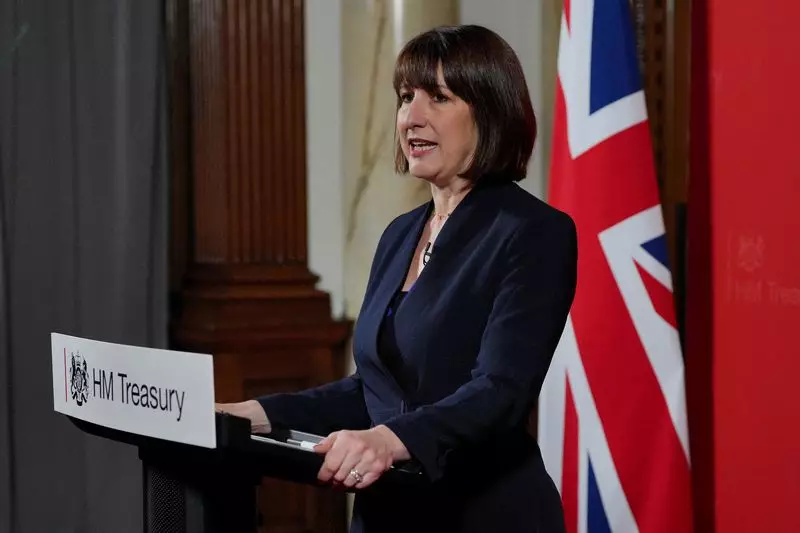Britain’s new finance minister Rachel Reeves is currently contemplating the possibility of granting inflation-busting pay increases for nearly 2 million government employees to prevent potential public sector strikes. Pay review bodies have recommended a 5.5% wage hike for 460,000 teachers and 1.4 million staff within the National Health Service. Reeves emphasized the significance of valuing public service workers and highlighted the negative consequences of prolonged conflicts with unions that could hamper the government’s efforts to enhance public services.
Following a recent general election victory, the Labour Party has pledged a decade of “national renewal” following 14 years of Conservative-led governance. In the build-up to the election, Labour made assurances regarding no increases in income tax, corporation tax, and value-added tax, thereby limiting options for expenditure growth. The potential cost of implementing the proposed 5.5% pay rises for teachers and specific National Health Service employees is estimated to be approximately £3 billion, signifying a substantial financial commitment.
With inflation rates hovering around 2% in Britain, Reeves, the first female finance minister in the country, has indicated the necessity of ensuring financial feasibility if above-inflation pay increases are to be granted to public sector workers. Any approval of these pay raises by the government would demand corresponding actions such as tax hikes, increased borrowing, or reductions in other areas of government spending. The Institute for Fiscal Studies has stated that clear and strategic planning is imperative to manage the potential impact of such significant financial commitments.
Reeves has outlined her intention to unveil comprehensive plans regarding public sector pay agreements and disclose the date of the next budget before the conclusion of the current month. The effective management of public finances, alongside the prioritization of public service workers’ welfare, is critical in navigating the complexities associated with balancing fiscal sustainability and meeting the demands of workers across various sectors. As the government weighs its options and conducts thorough assessments, the ramifications of potential decisions on public sector pay will undoubtedly shape the economic landscape and societal well-being in the UK.


Leave a Reply